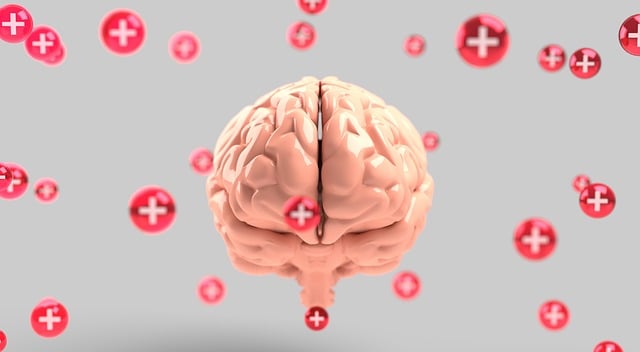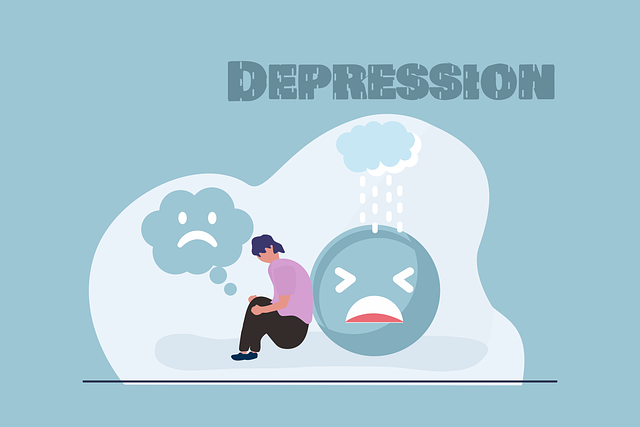Trauma significantly impacts young adults' emotional well-being, hindering self-esteem and life transitions. Effective support goes beyond therapy by fostering empathy, conflict resolution, and safe, non-judgmental spaces. This holistic approach helps process traumatic memories, develop healthy coping mechanisms, and rebuild safety, enhancing resilience and self-esteem. Tailored therapy services addressing unique challenges, combined with stress management workshops and public awareness campaigns, empower young adults to heal and reduce stigma associated with trauma.
Trauma can profoundly affect young adults, shaping their future and overall well-being. This article explores the multifaceted impact of trauma on this demographic and emphasizes the critical role of support services in their recovery journey. We delve into understanding trauma, its effects on self-esteem, and the specific therapeutic approaches tailored to young adult survivors. By examining these aspects, we aim to highlight effective strategies for providing comprehensive therapy services that foster healing and enhance resilience among young adults navigating trauma’s aftermath.
- Understanding Trauma and Its Impact on Young Adults
- The Role of Self-Esteem in Trauma Recovery for Youth
- Providing Effective Therapy Services to Support Young Adult Trauma Survivors
Understanding Trauma and Its Impact on Young Adults

Trauma can profoundly affect young adults, impacting their emotional well-being and overall development. It’s crucial to understand that trauma isn’t just a one-time event; it’s often a complex interplay of past experiences, current stressors, and individual coping mechanisms. For young adults, who are navigating critical life transitions, trauma can hinder self-esteem, making it challenging for them to form healthy relationships, make sound decisions, and achieve their potential.
Providing effective support requires more than just therapy for young adults; it involves promoting emotional well-being through empathy building strategies and conflict resolution techniques. By fostering a safe, non-judgmental space, professionals can help individuals process traumatic memories, develop healthy coping mechanisms, and rebuild a sense of safety. This holistic approach not only addresses the symptoms but also equips young adults with tools to manage future challenges, ultimately enhancing their resilience and self-esteem.
The Role of Self-Esteem in Trauma Recovery for Youth

For youth recovering from trauma, cultivating self-esteem plays a pivotal role in their journey towards healing and resilience. As young adults grapple with the aftermath of traumatic events, building inner strength becomes essential for navigating challenges and fostering a positive sense of self. Therapy for young adults often incorporates strategies to enhance self-esteem, recognizing its profound impact on overall well-being. By addressing negative beliefs and encouraging self-compassion, therapists aid individuals in developing a more favorable perception of themselves, which is crucial for trauma recovery.
Empathy building strategies are also integral to this process. When youth feel understood and supported, they are more likely to trust the therapeutic journey and embrace personal growth. Additionally, mental illness stigma reduction efforts contribute to creating a safe space where young people can openly discuss their experiences without fear of judgment, further strengthening their self-esteem and encouraging them to seek help when needed.
Providing Effective Therapy Services to Support Young Adult Trauma Survivors

Providing effective therapy services tailored to young adult trauma survivors is paramount in fostering their healing journey. This demographic often faces unique challenges as they navigate emerging adulthood while carrying the weight of traumatic experiences. Therapists must create a safe, non-judgmental space that encourages open dialogue and promotes self-reflection. Techniques such as cognitive behavioral therapy (CBT) and eye movement desensitization and reprocessing (EMDR) have proven effective in helping young adults process trauma memories and develop healthy coping mechanisms.
Beyond individual therapy, integrating stress management workshops and promoting the development of self-care routines can empower survivors to take an active role in their healing. These initiatives, often facilitated by support organizations, provide valuable tools for managing anxiety and rebuilding self-esteem. Public awareness campaigns that highlight trauma’s impact on young adults are also crucial, as they foster understanding and encourage individuals to seek help without stigma.
Trauma support services for young adults must address both the emotional wounds and the crucial role of self-esteem in their recovery. By providing effective therapy tailored to this demographic, we can empower survivors to heal and rebuild their lives. Fostering a safe space where self-worth is acknowledged and nurtured is essential in helping young adults navigate their trauma journey. This holistic approach ensures they emerge with enhanced resilience and a brighter future.









